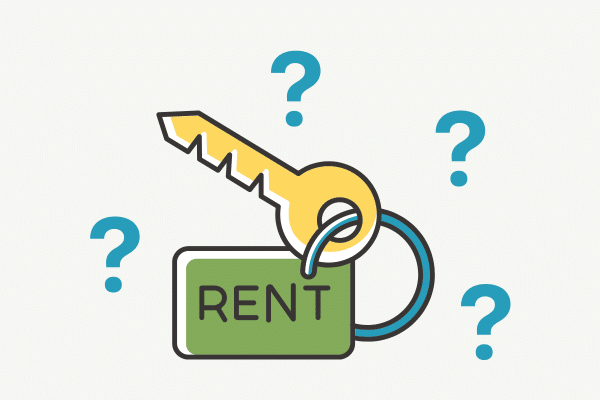
Here are four key questions (and answers) to help you make smart, well-informed decisions about your rental properties, ensuring your real estate investment pays off.
❓ How should you handle rental expenses?
There are several considerations you need to examine in order to determine the best way to handle your rental expenses for tax purposes. It is not a matter of choice, however; the proper treatment is determined by the activities you perform. If you personally participated in the management of the property, then it is a matter of whether the property is subject to the vacation home rules.
❓ Is your rental property non-taxable?
Yes or No
- ✅ If Yes: See rules for Non-Taxable Rentals.
- ❎ If No: Do you have any personal use days on the property?
- ❎ If no, see the rules for Non-Personal Rentals.
- ✅ If yes, see the rules for Limited Use Percentage.
❓ Vacation Home Rules
- ✅ If yes, and your allocable rental expenses exceeded your rental income, see the rules for Expense Limitations.
- ❎ If no, follow the rules for Limited Use Percentage.
Rules for Determining Selection
📌 Non-Taxable Rentals
If you casually rent out your personal home for 14 days or less during the year, it’s non-taxable. That means any related expenses can’t be deducted. However, you can still claim qualified mortgage interest and real property taxes as itemized deductions on Schedule A.
📌 Non-Personal Use
If neither you nor your family used the rental property, then good news—qualified rental expenses are fully deductible. Depending on your situation, you’ll either report them as a Schedule C business or on Schedule E of your Form 1040.
📌 Expense Limitations Due to Rental Use
Things can get tricky here. How much you can deduct depends on how much time you rented the property, how often you used it personally, and the size of the rented area. Use the following formulas to calculate the rental use percentage:
Days Rented % = (Rental Days) ÷ [(Rental Days) + (Personal Days)]
Area Rented % = (Square Footage Rented) ÷ (Total Square Footage)
Rental Use % = (Days %) x (Area %)
If your property falls under the vacation home rules and your rental expenses surpass your rental income, be sure to read the next rule, which covers the limitations when expenses exceed income.
📌 Expenses Limited Due to Exceeding Income
When your rental expenses exceed rental income, the IRS steps in with further limitations. Essentially, you can’t claim a taxable loss through depreciation. If your qualified mortgage interest and property taxes balance out the rental income, you won’t be able to write off operating expenses or depreciation. The silver lining? You may be able to carry forward any excess losses into future years.
❓What are my tax withholding responsibilities?
If you rent through a third-party platform (like Airbnb or VRBO), make sure they have your tax ID or Social Security Number to collect state and federal tax withholdings. If you skip this step, you could end up paying that amount later, potentially with penalties if your income exceeds IRS estimates. The third party will send you a 1099-K, showing your earnings and any taxes withheld.
❓ How does my LLC report in a non-community property state?
If the property is held in LLC that you and your spouse are both members of and you do not live in a community property state, you will be required to file a Form 1065 partnership return to report your rental activities.
💡 Parting Thoughts
Whether you’re casually renting out a home or managing multiple rental properties, the tax rules can be complex, and unfortunately, it’s rare that you’ll be able to fully deduct your expenses without proving significant involvement. The bar is high for tax write-offs, but understanding your options can help you make the most of your real estate investment.
Need some help navigating the tax rules for your rental properties?
Reach out to us today—let’s make sure your rental property is working for you, not the other way around.
